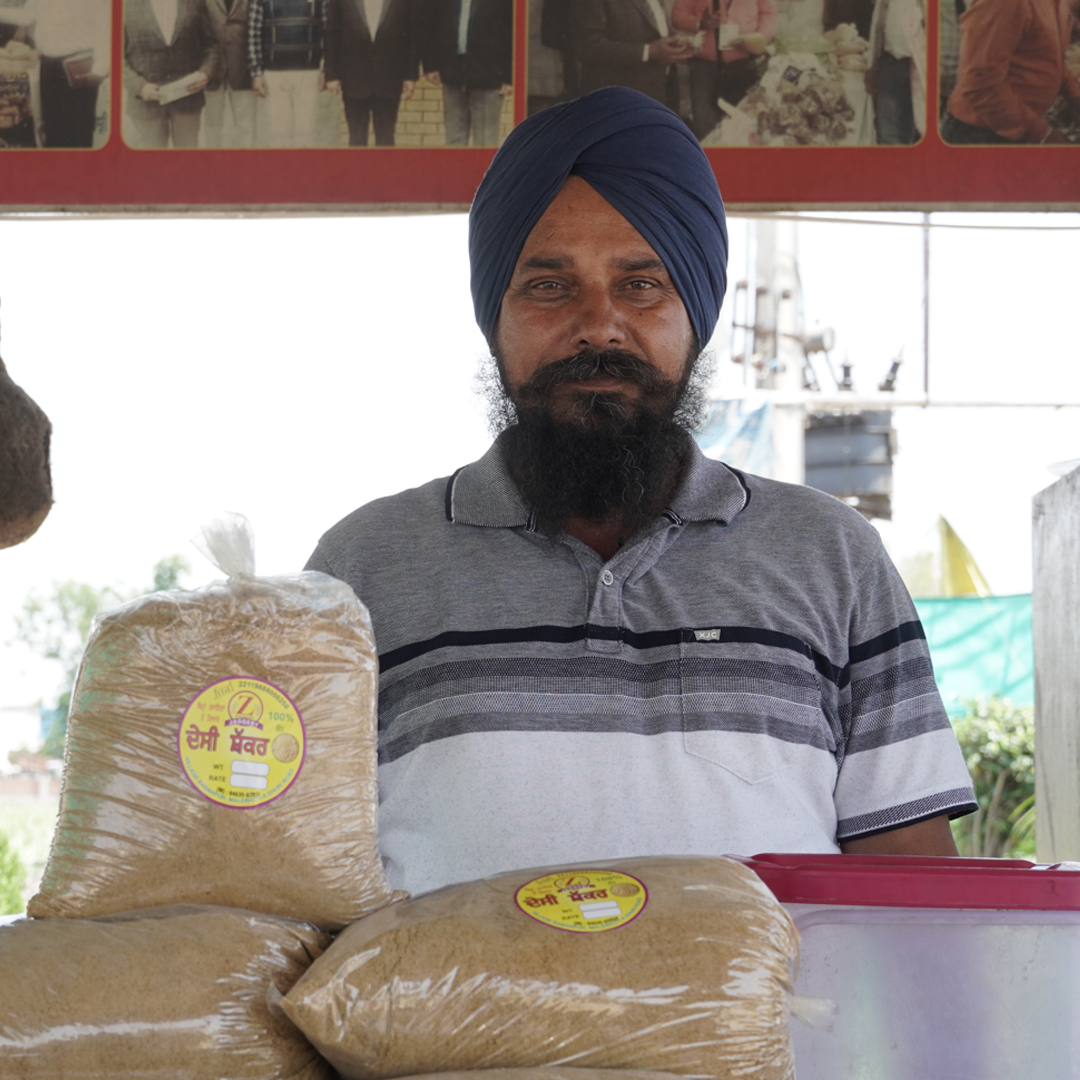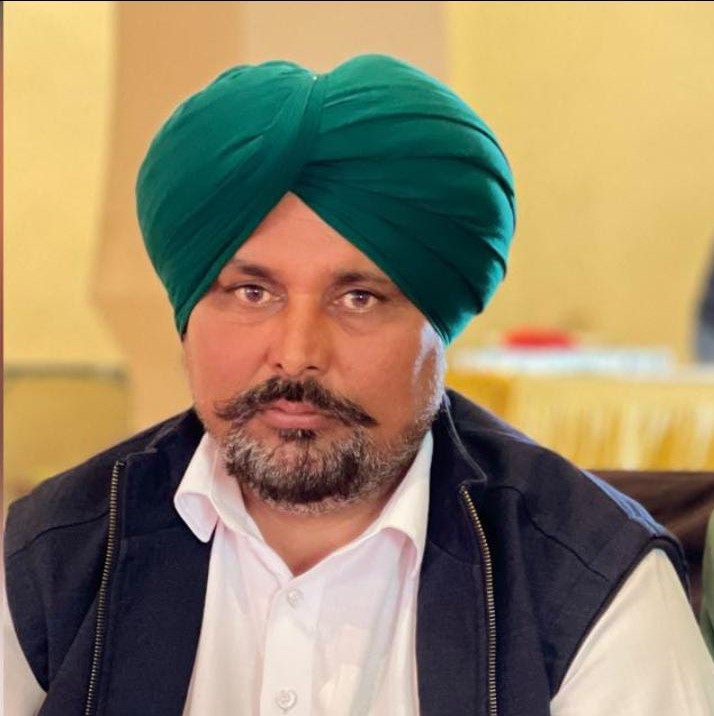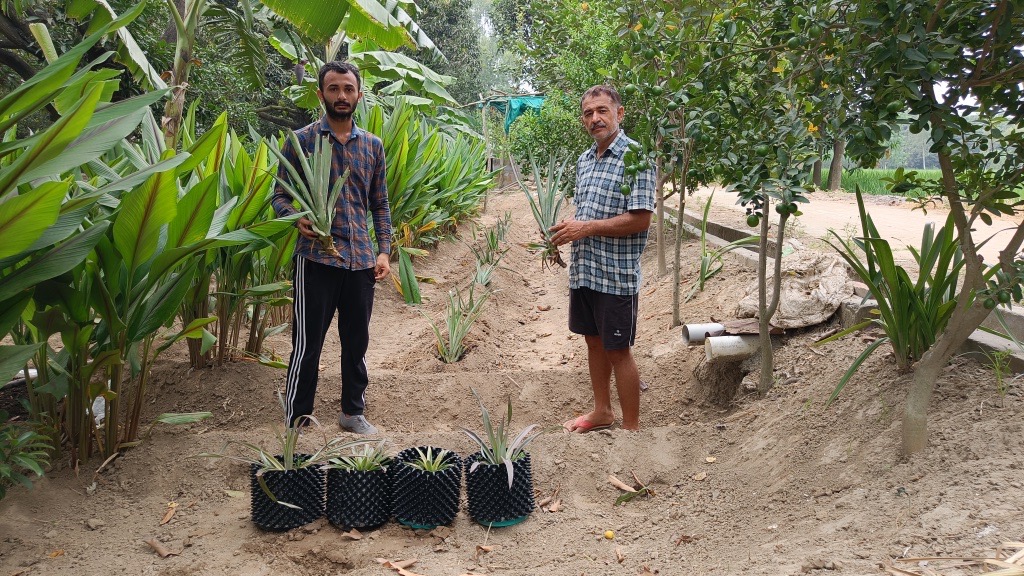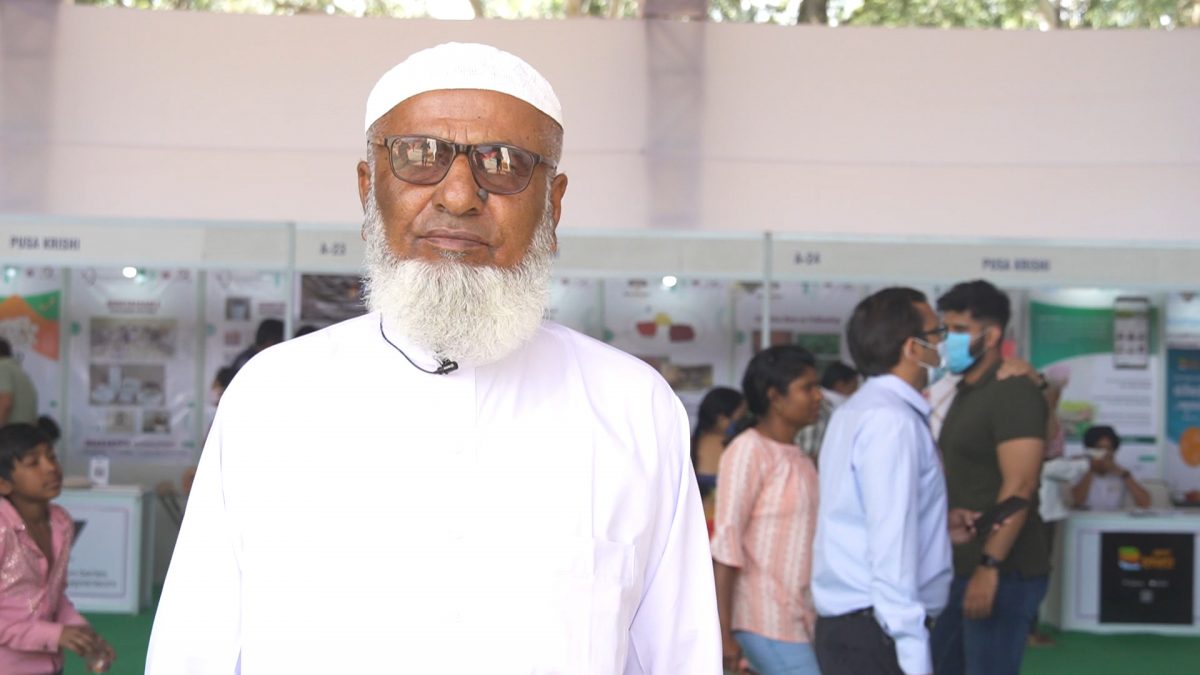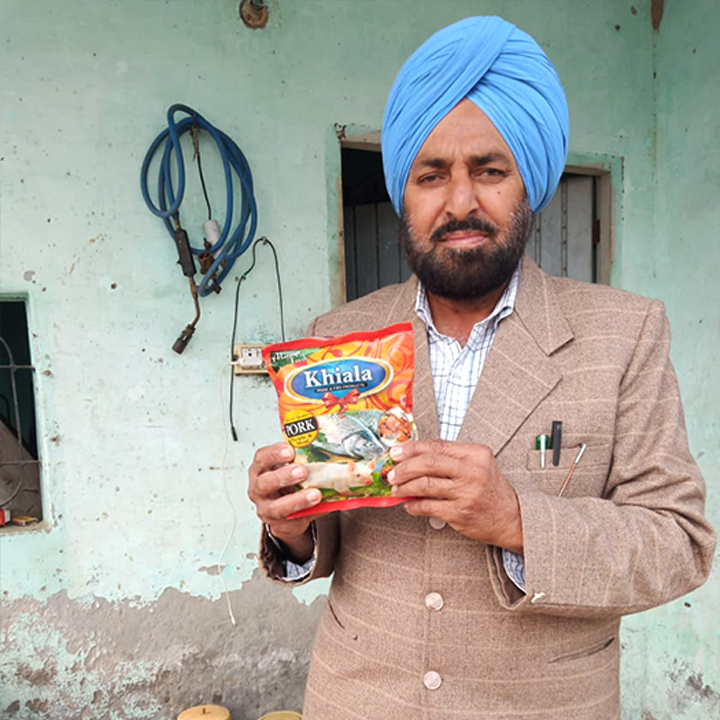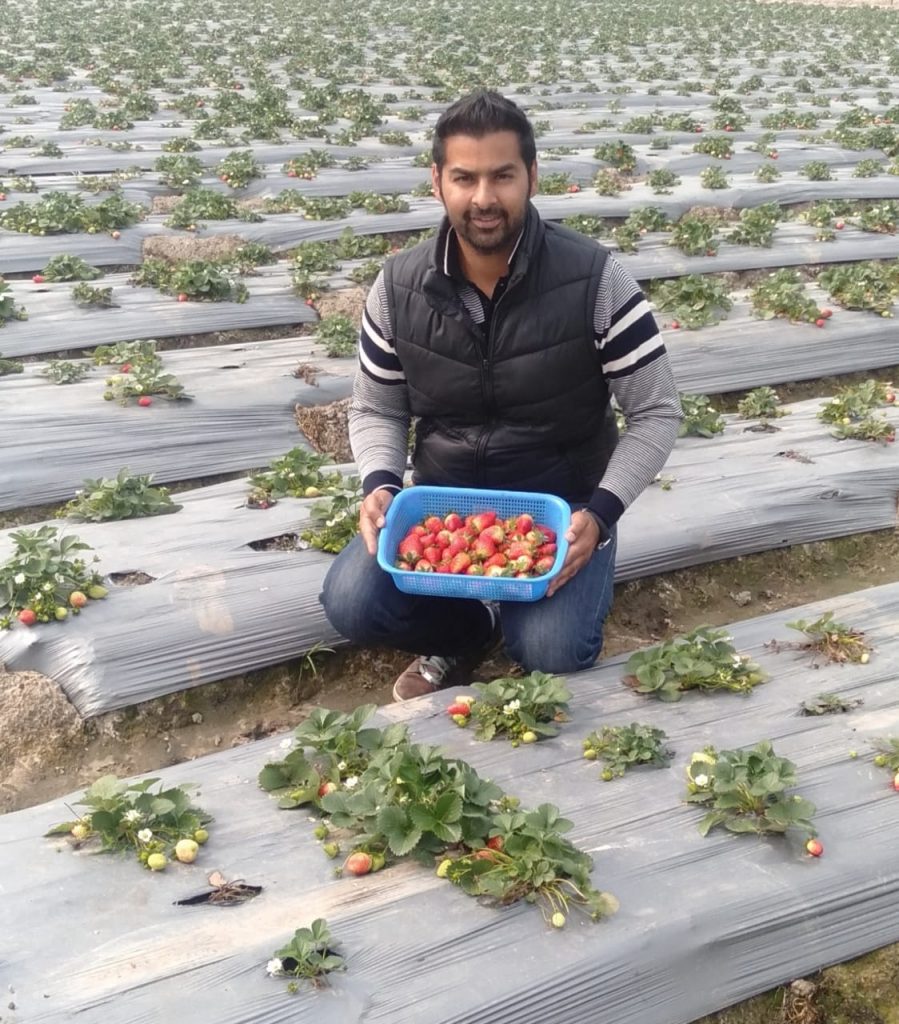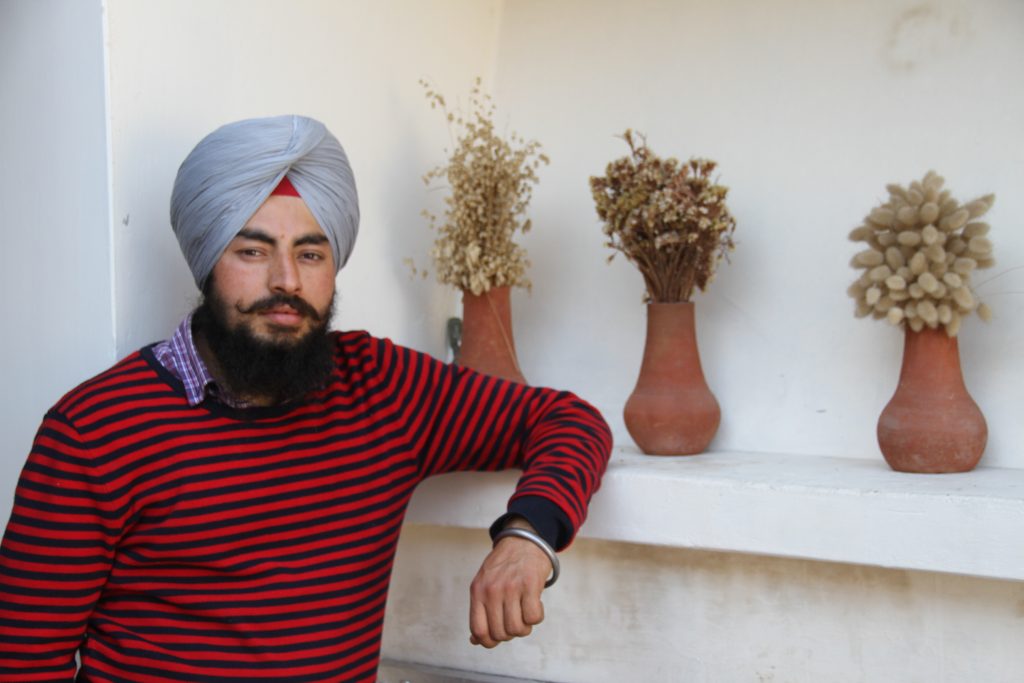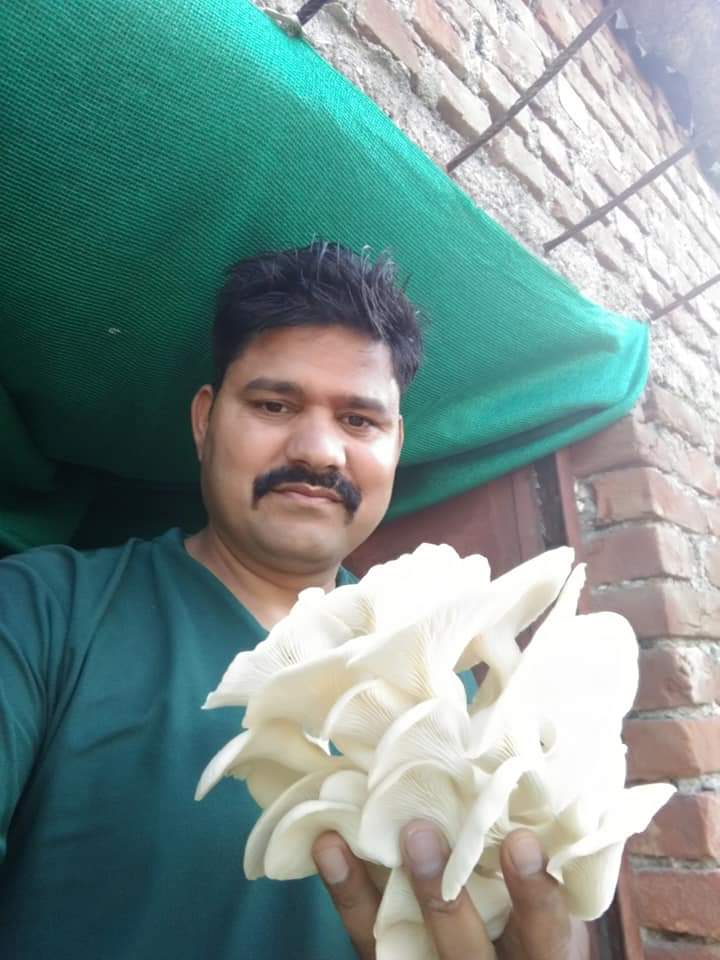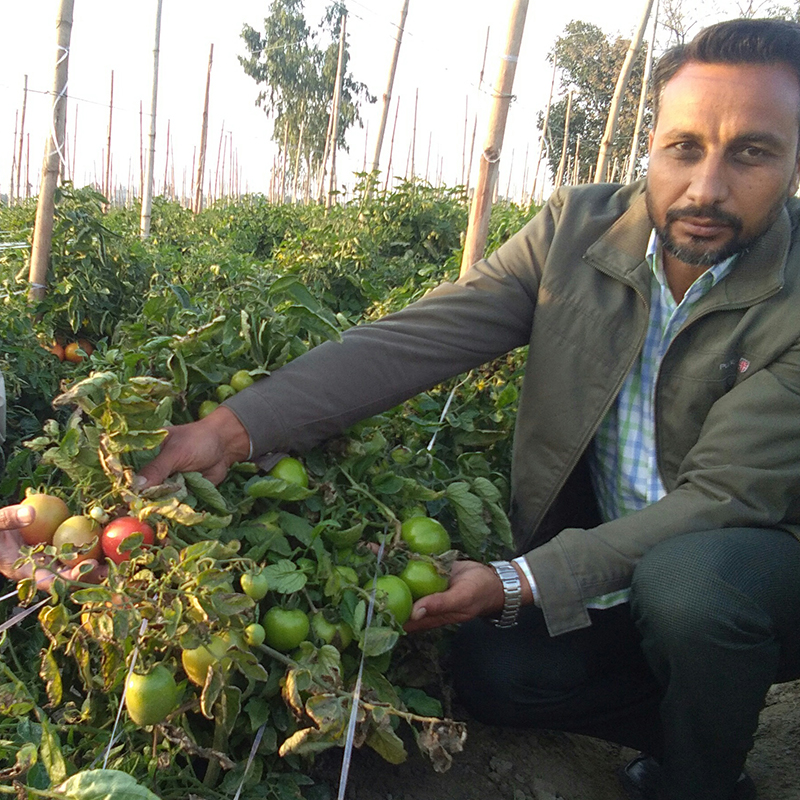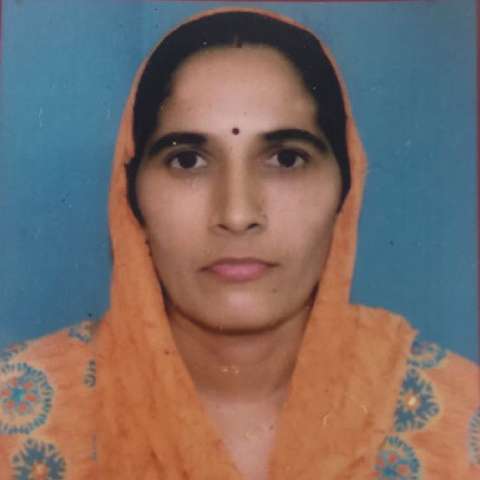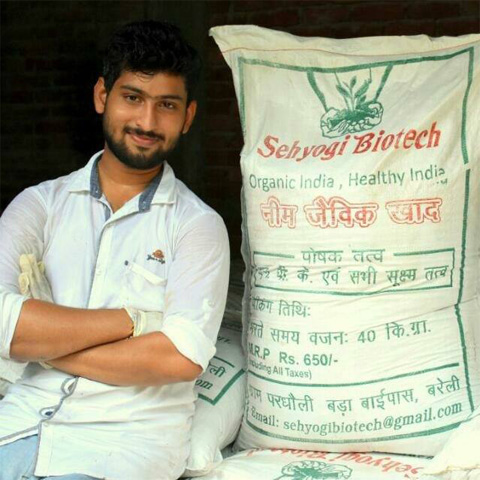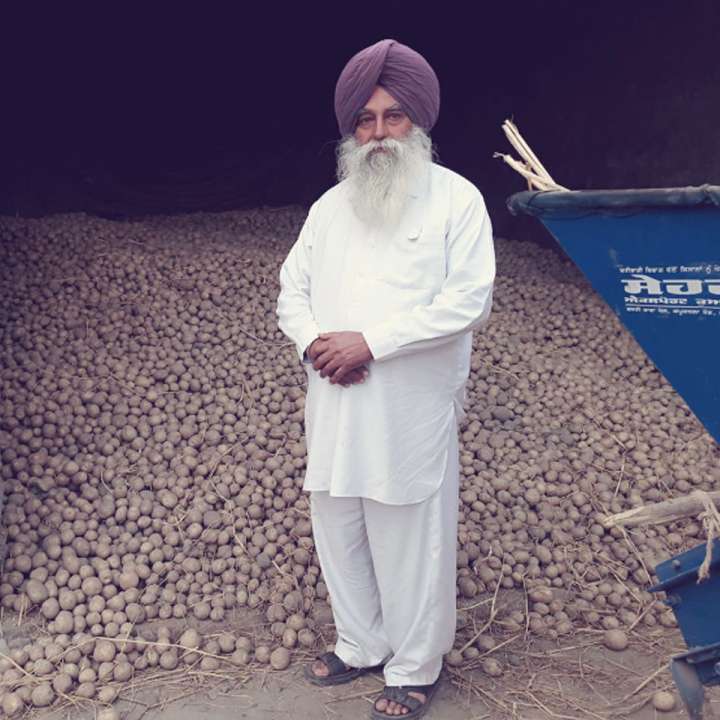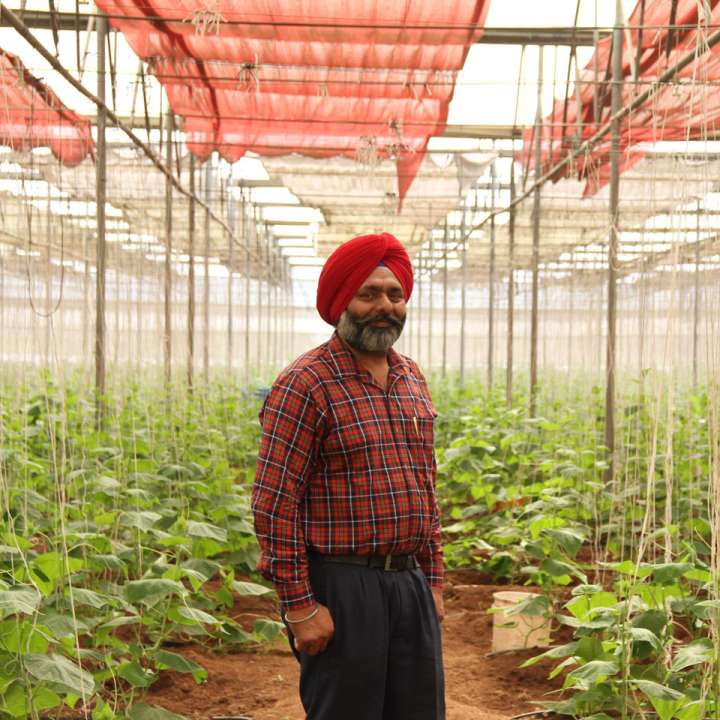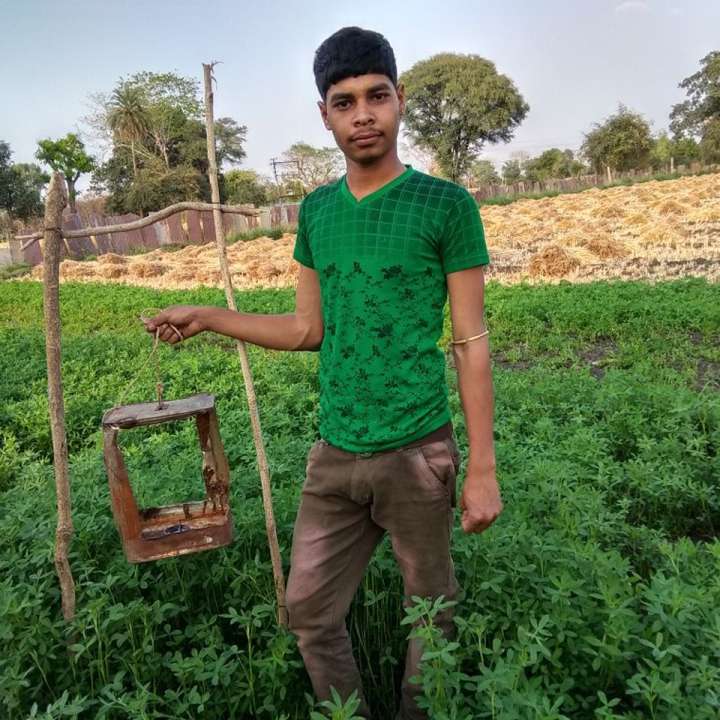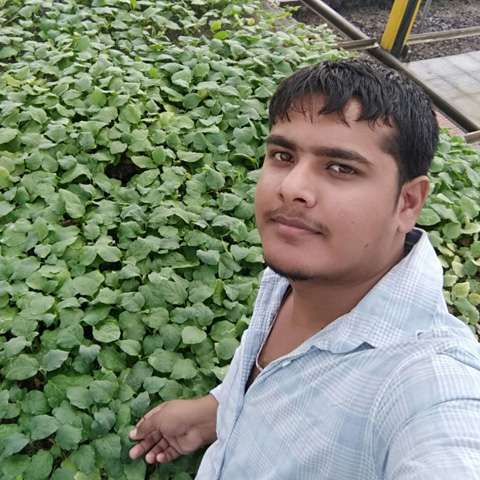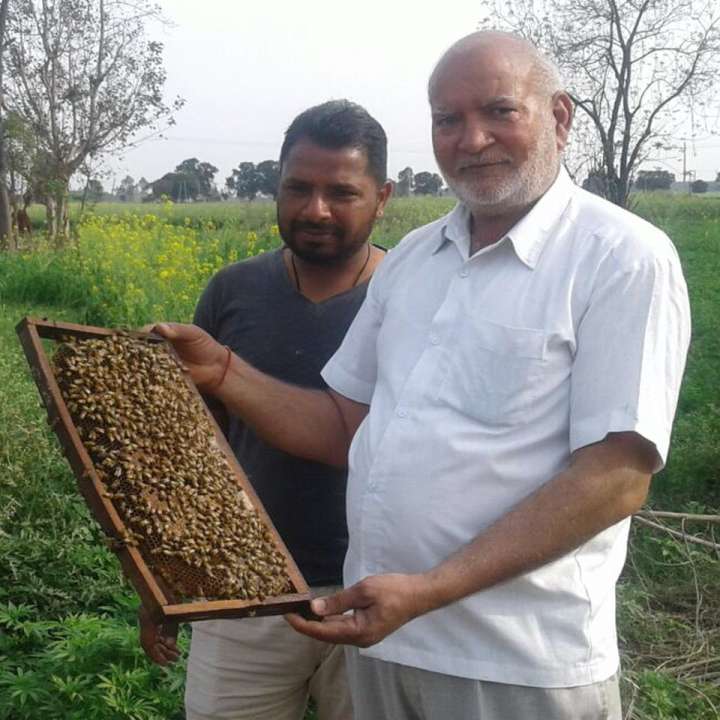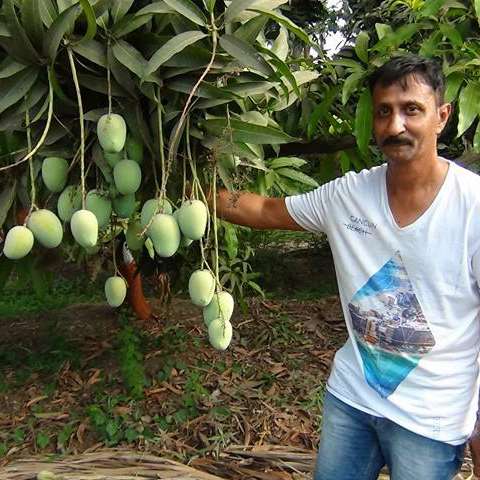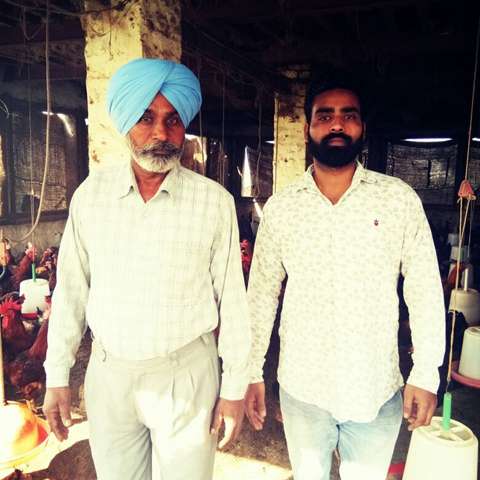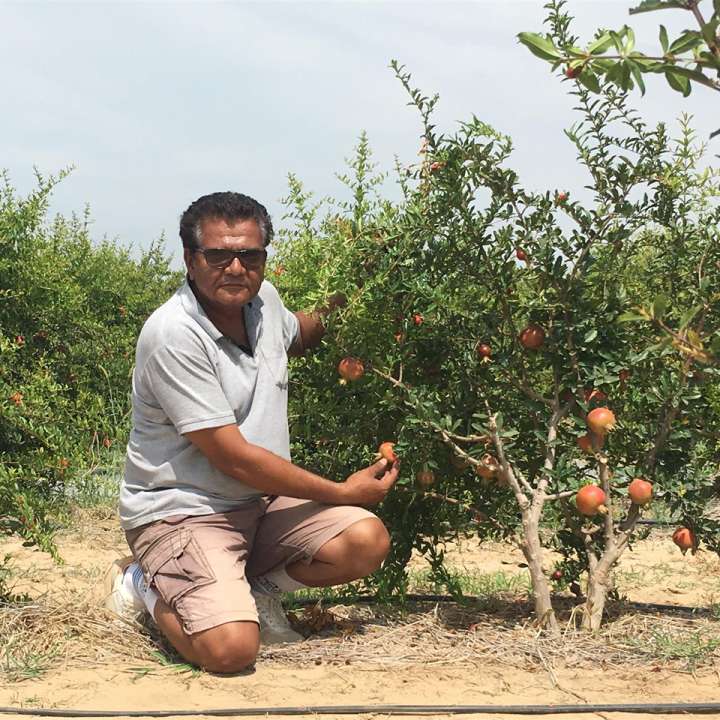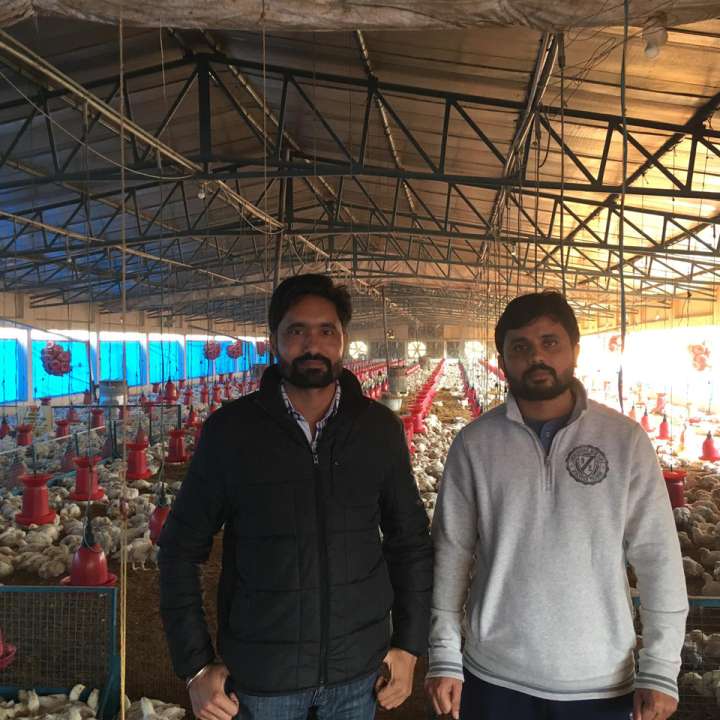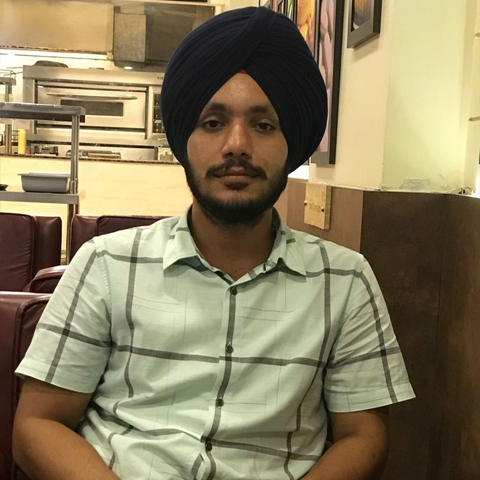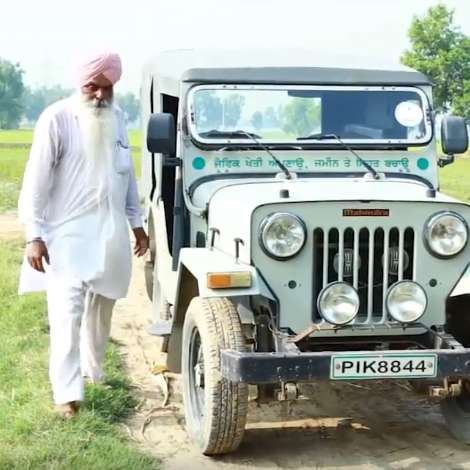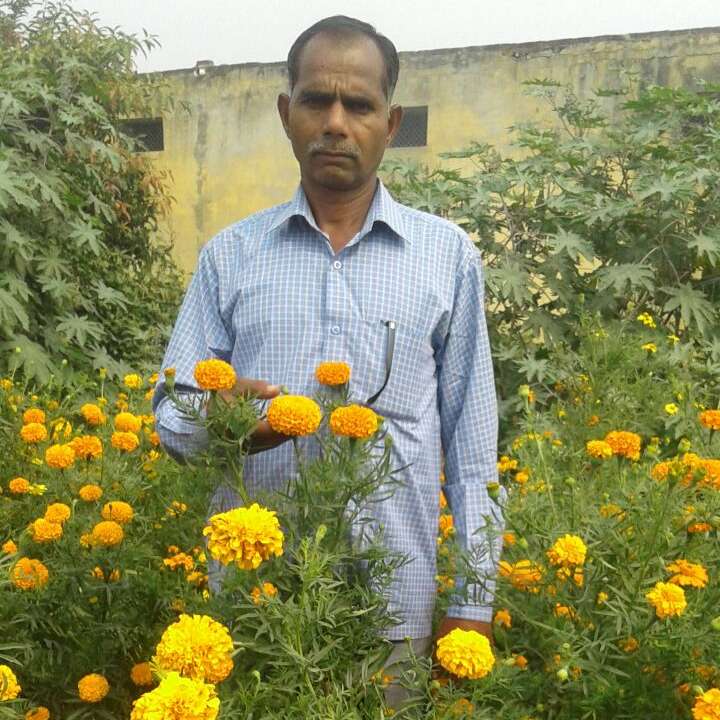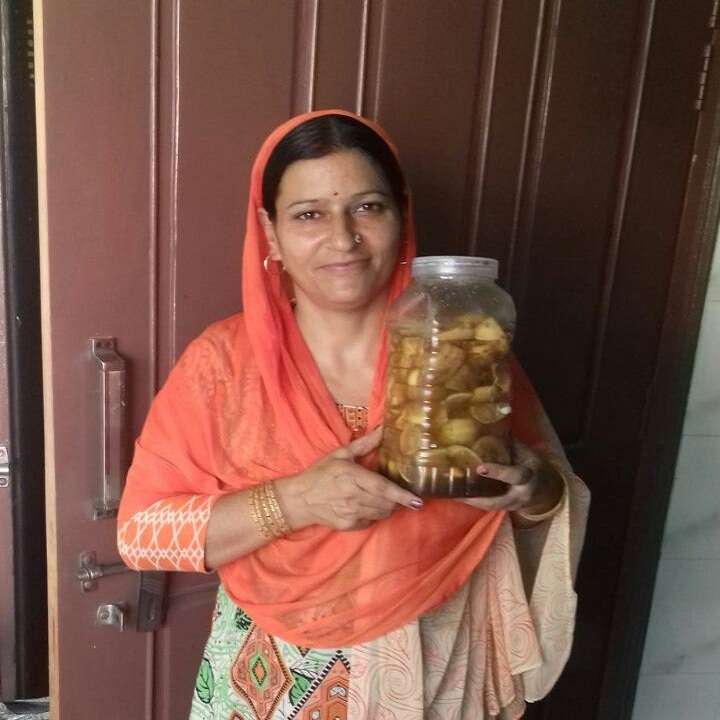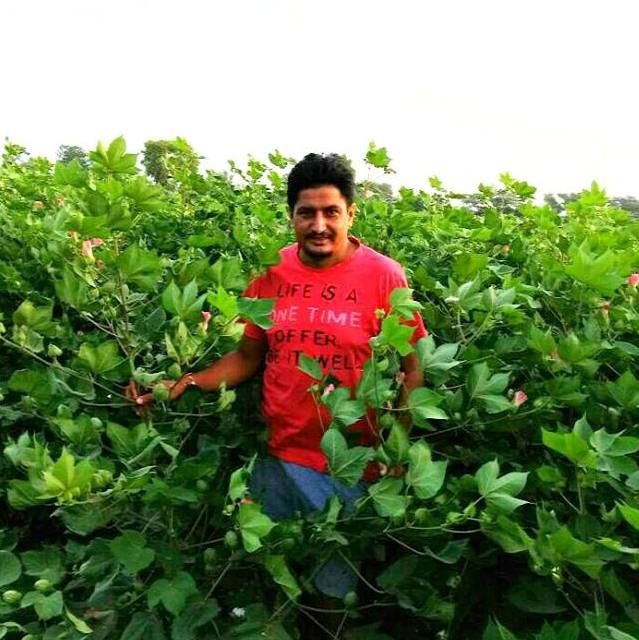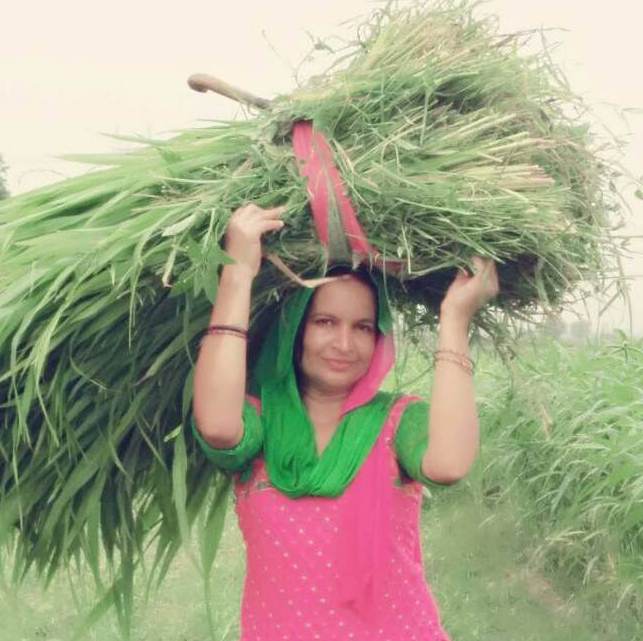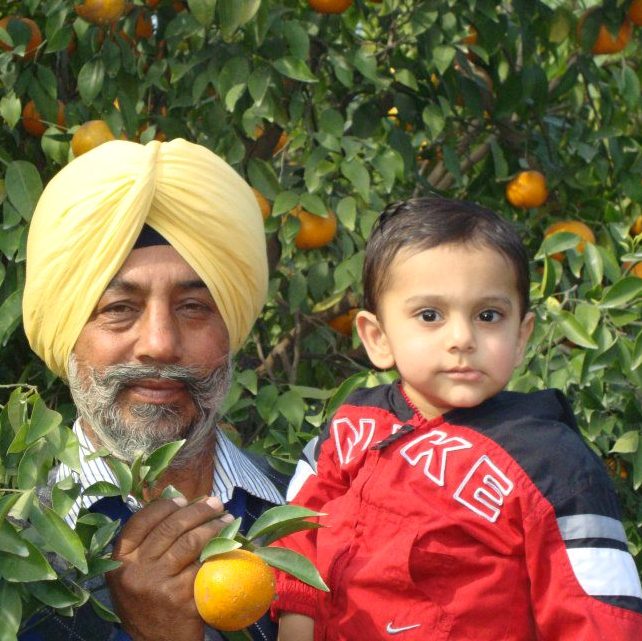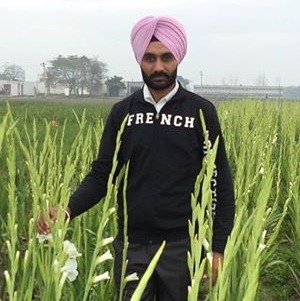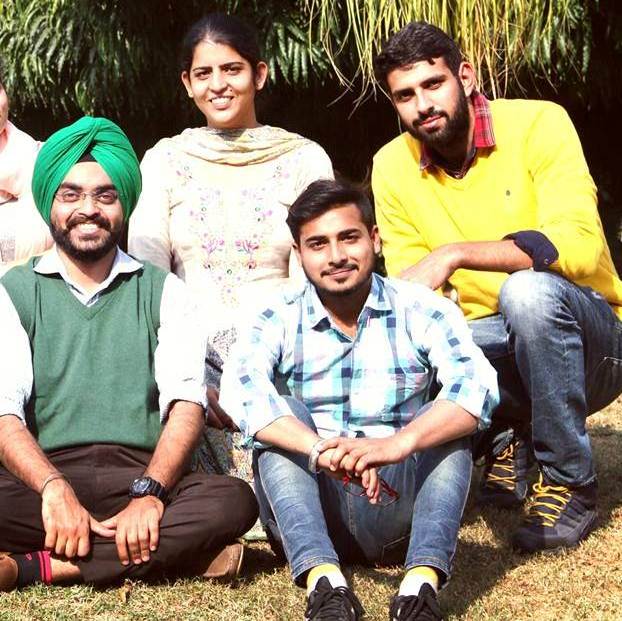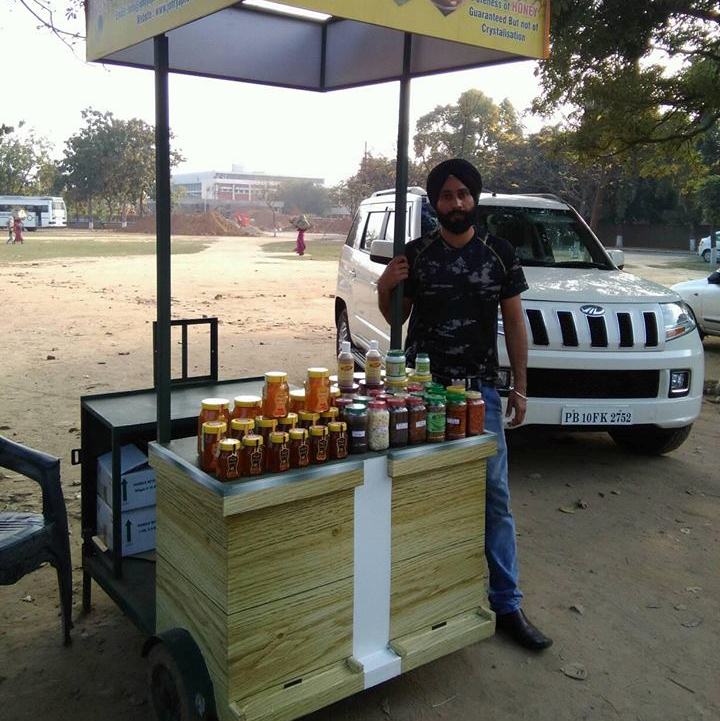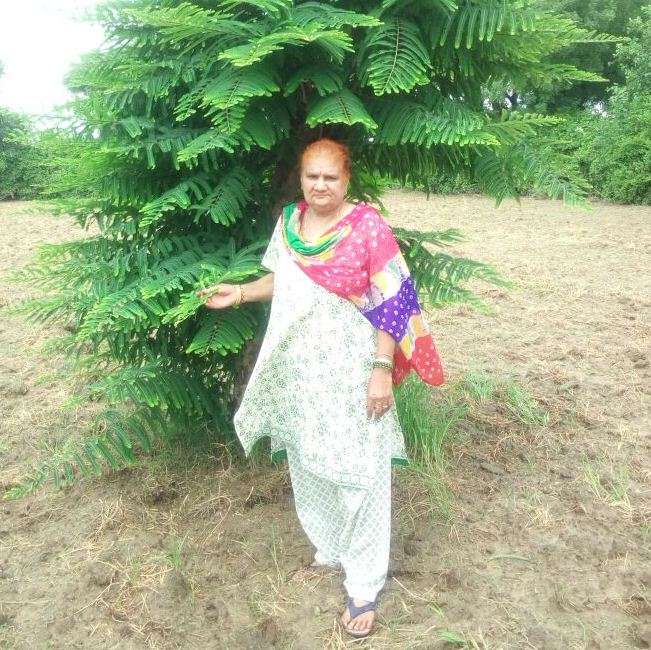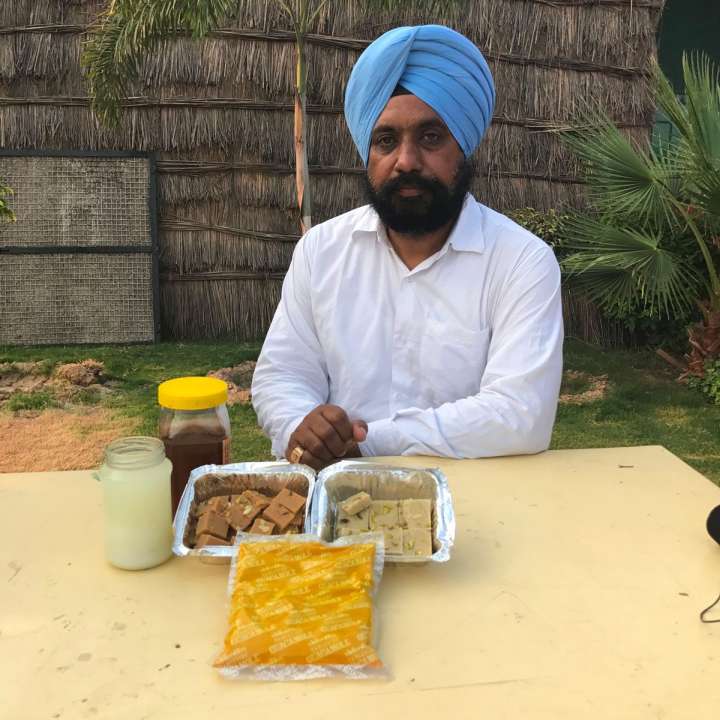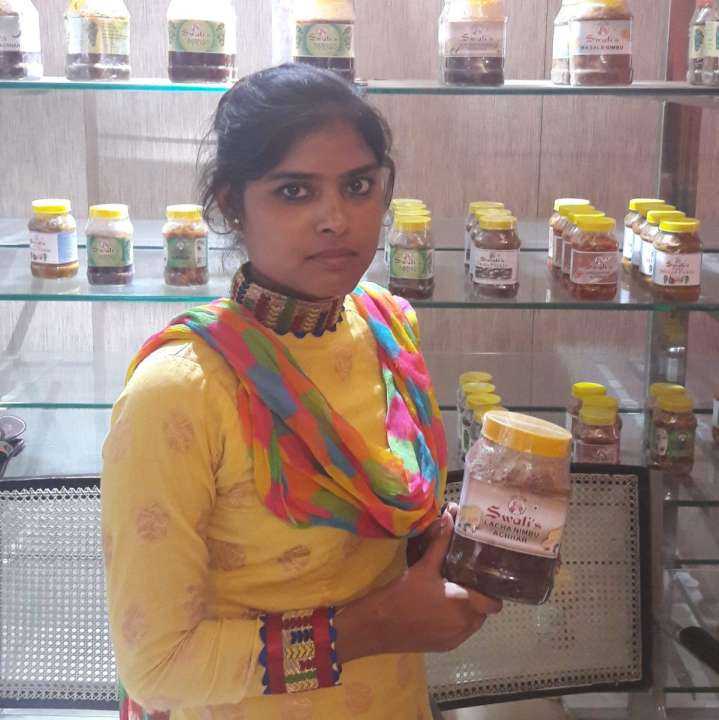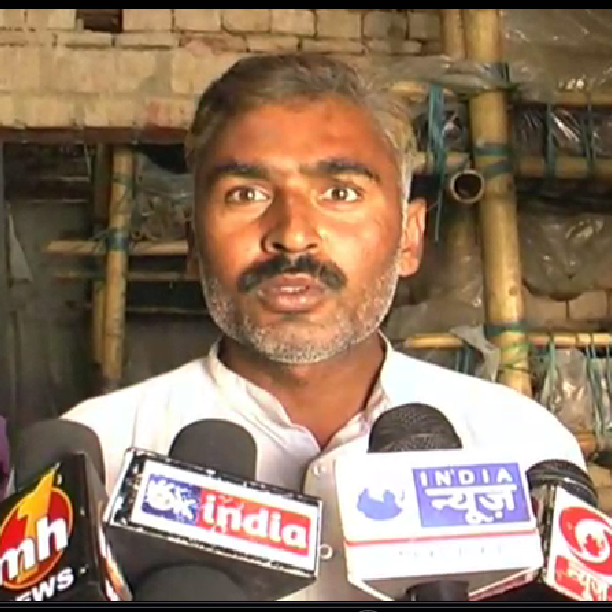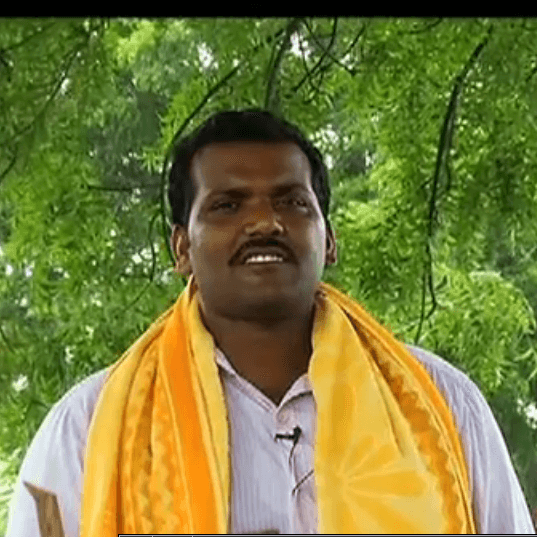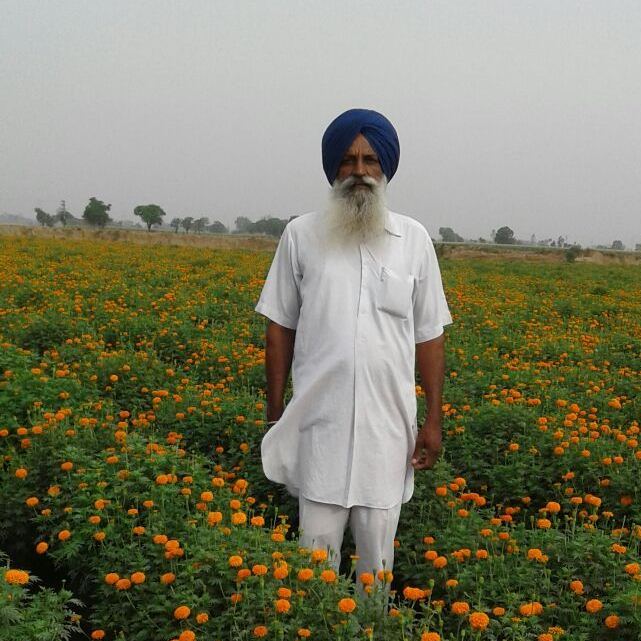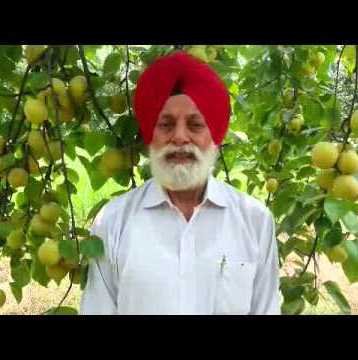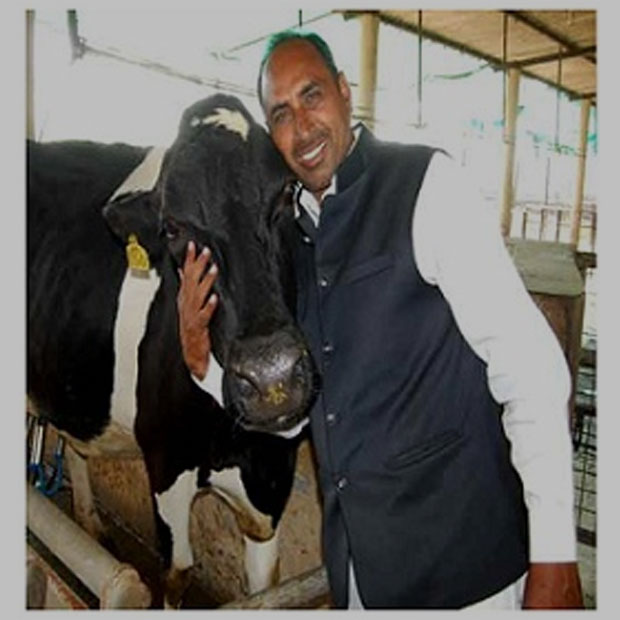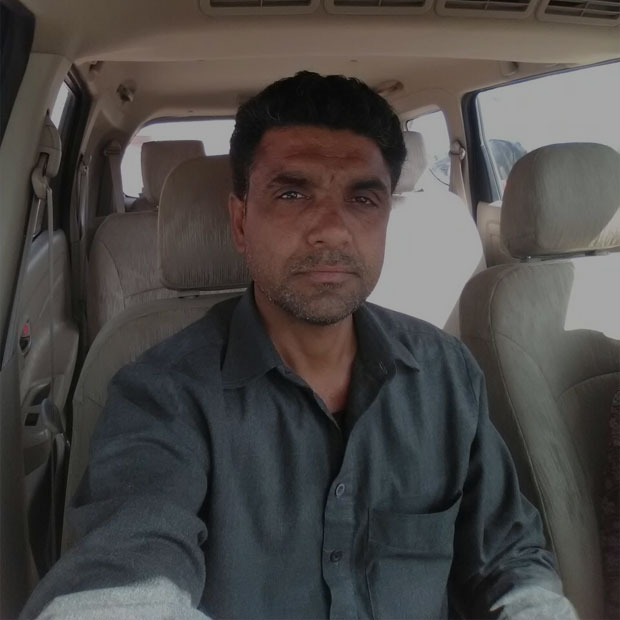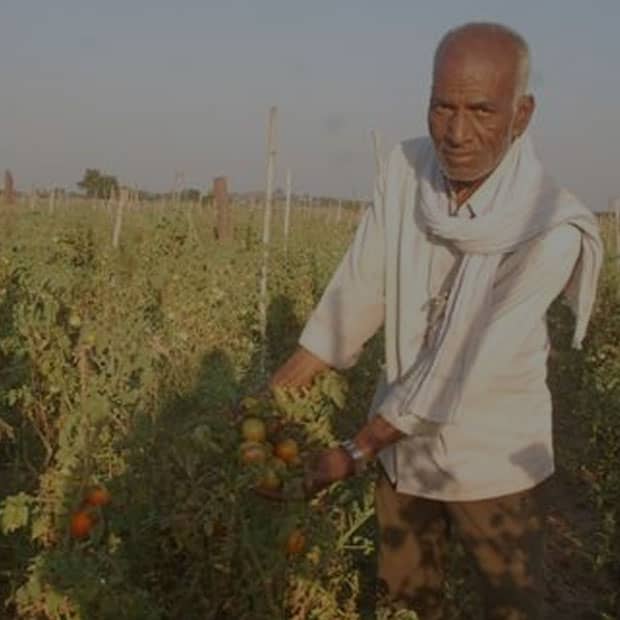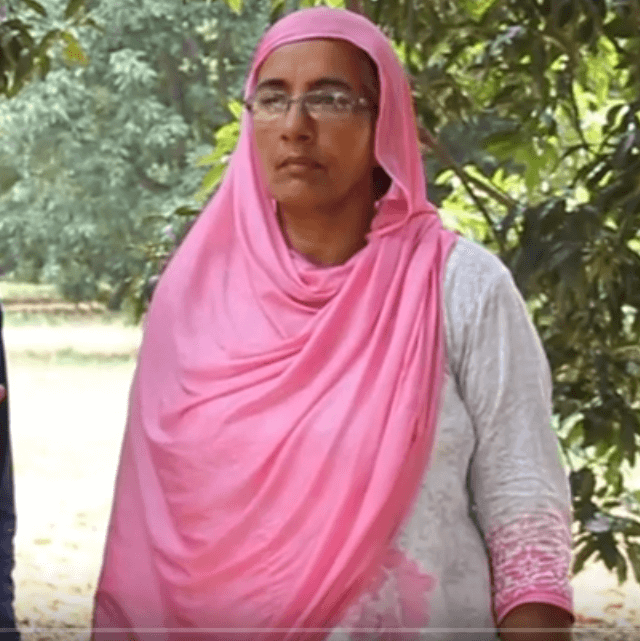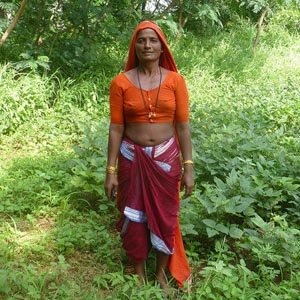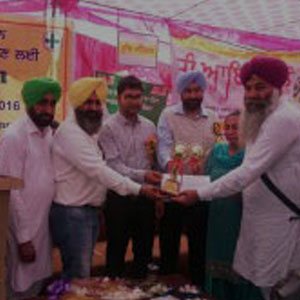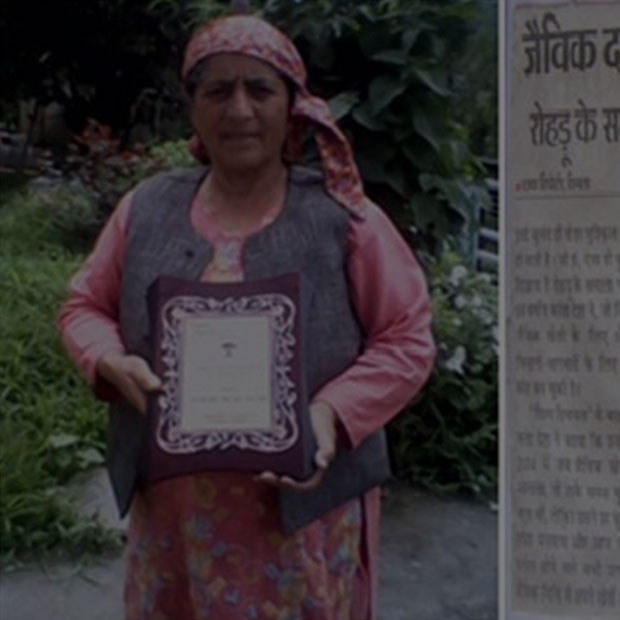Karamjit Singh: Revitalizing Jaggery Production and Inspiring Farmers in Babbanpur
In the quaint village of Babbanpur, nestled in the heart of North India, resides a progressive farmer named Karamjit Singh. Known to most farmers in the region, Karamjit has revolutionized the jaggery production and selling through his dedication, innovation, and unwavering commitment to quality. With a rich family legacy in sugarcane farming, Karamjit has taken his ancestral expertise to new heights, introducing a range of unique jaggery flavors and expanding his market beyond borders. Today, Karamjit not only aspires to excel in exports but also dreams of promoting authentic Punjabi cuisine. His success story serves as an inspiration and guiding light for fellow farmers.
Karamjit Singh’s jaggery production venture has proven to be a profitable endeavor, surpassing the returns from traditional crop sales in the mandis. To establish a standard set-up, an investment of approximately Rs 18 lakhs is required. With sheer determination and meticulous planning, Karamjit manages 25 to 30 acres of sugarcane production, dedicating the entire harvest towards his jaggery production. Instead of sending the crop to mills, he channels all the raw material into his own processing unit, ensuring full control over the quality and value-added products.
By focusing on jaggery production, Karamjit has witnessed a significant increase in profits compared to conventional crop sales. The value addition and demand for his jaggery and related products have resulted in a remarkable 40% boost in overall earnings. This entrepreneurial shift has not only elevated his economic status but has also set a shining example for other farmers in the region. Karamjit’s success story serves as a testament to the potential of diversification and value addition within the agricultural sector.
Karamjit’s decision to prioritize jaggery production and invest in the necessary infrastructure has paid off. Instead of relying on the uncertain returns from selling raw sugarcane in the mandis, he has tapped into the lucrative market for jaggery and its various flavors. This strategic move has not only ensured better financial stability but has also enabled Karamjit to establish a niche for himself in the industry.
Karamjit’s journey into the world of jaggery production began with his grandfather, who started sugarcane farming and garnered numerous accolades from the Punjab Agricultural University, Ludhiana (PAU). Inspired by his grandfather’s achievements, Karamjit’s father established a sugarcane-processing unit eleven years ago, laying the foundation for Karamjit’s future endeavors.
To enhance his knowledge and skills, Karamjit sought training from the KVK (Krishi Vigyan Kendra) cooperation and received further guidance from the PAU. Harnessing his newfound expertise, he introduced fifteen unique flavors to his jaggery production. Initially, Karamjit faced resistance from his village community, but his relentless pursuit of quality and his ability to upgrade machinery gradually won them over. Today, the villagers not only appreciate his products but also take pride in his achievements.
With a focus on marketing, Karamjit embraced social media platforms and participated in Kisan Melas (Farmer Fairs), which proved instrumental in establishing his name in the industry. Through these events, he showcased the diverse range of flavors he offered, attracting customers from far and wide. His jaggery products even found their way into international markets, marking a significant milestone in his entrepreneurial journey.
Karamjit Singh’s exceptional achievements extend beyond jaggery production. His prowess in the agricultural domain has been recognized in various fields, including dairy farming. His dedication and expertise led to receiving prestigious awards in this realm, establishing him as a notable figure closely associated with the Punjab Dairy Farmers Association (PDFA). In 2019, Karamjit’s remarkable efforts were acknowledged when he secured the first award from the esteemed Punjab Agricultural University. Moreover, his excellence in farming practices earned him a place among the top five farmers honored at the Chief Minister Awards. His talent was further recognized with a prize from the National Dairy Research Institute (NDRI) in Karnal.
Karamjit’s pursuit of excellence did not stop at dairy farming alone. His passion for agriculture led him to diversify his endeavors. In addition to sugarcane farming, he cultivates corn and cotton on 25 acres of his land. With a keen eye for sustainability, Karamjit utilizes the byproducts of his sugarcane production as a valuable resource. The residues serve a dual purpose, being utilized as both a renewable fuel source and nutrient-rich organic manure. Furthermore, Karamjit has ventured into dairy farming, where he has earned numerous accolades year after year. At present, his livestock comprises five cows and five buffaloes, contributing to his thriving agricultural enterprise.
Karamjit encountered several challenges along the way. Maintaining the quality of his products required close supervision of labor, ensuring consistency and excellence. Additionally, marketing his products effectively on social media platforms demanded creative strategies and continuous engagement. However, with perseverance and determination, Karamjit overcame these obstacles, establishing a strong foothold in the market.
Karamjit’s success would not have been possible without the unwavering support of his joint family. Their belief in his vision and dedication has fueled his journey. Moreover, Karamjit’s children have also shown immense interest in his work, paving the way for a promising future.
Looking ahead, Karamjit aims to focus on expanding his export business and promoting authentic Punjabi cuisine, including delicacies such as corn bread, mustard leaf curry, and buttermilk. He envisions his products reaching every corner of the globe, highlighting the rich flavors of his region. Furthermore, Karamjit continues to engage in D practices, cultivating corn and cotton on his additional land.
Message to farmers
Driven by a desire to uplift fellow farmers, Karamjit aspires to be a beacon of guidance for those seeking to venture into jaggery production. He encourages farmers to closely observe his operations, from setting up the infrastructure to marketing the final products. Karamjit believes that sharing knowledge and experiences is vital for the growth and prosperity of the agricultural community.


